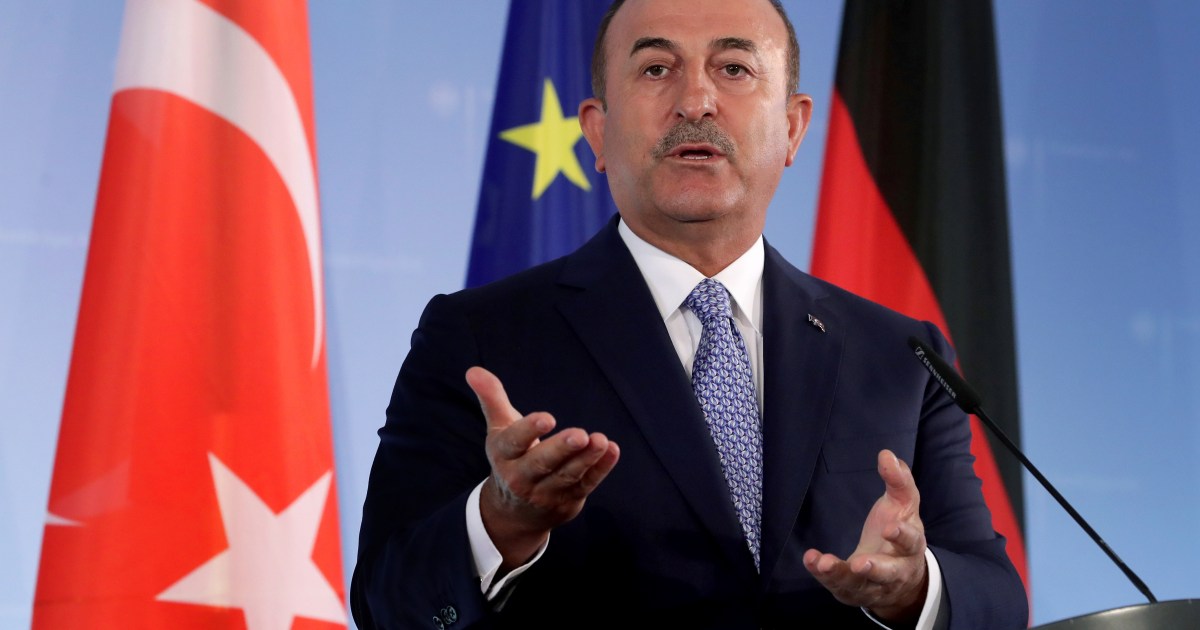Today, Thursday, Turkish Foreign Minister Mevlut Cavusoglu is visiting Brussels to meet with European Union officials, as part of diplomatic efforts to improve European-Turkish relations, while European officials said they want "concrete actions."
Cavusoglu will meet today with the European Union’s foreign minister, Josep Borrell, and tomorrow he will be received by the President of the European Council, Charles Michel, and the Secretary-General of NATO, Jens Stoltenberg.
Borrell’s spokesman, Peter Stano, said Monday that the Europeans were wary of Turkish President Recep Tayyip Erdogan’s announcement of intentions to reform the relationship with the European Union, and that they wanted "concrete actions."
Avrupa Birliği, NATO ve Belçika'dan muhataplarımızla görüşmeler yapmak üzere # Brüksel'deyiz.
In #Brussels to have meetings with counterparts from European Union, NATO and Belgium.
pic.twitter.com/z2bdqeFWZU
- Mevlüt Çavuşoğlu (@MevlutCavusoglu) January 20, 2021
"We hope that the words of the Turkish president will quickly turn into concrete and permanent actions that prove his actual good will towards the European Union," Luxembourg Foreign Minister Jean Asselbrunn told the French press.
But he warned that "no one will turn a blind eye. The European Union remains intent on defending its interests and those of its member states, as well as preserving regional stability."
Germany also relied on efforts to improve relations, and its Foreign Minister, Heiko Maas, went to Ankara on Monday to praise what he called "positive indicators" issued by the Turkish president and to "brief" his initiatives.
"With some countries, the slap does, but not with Turkey," said Italian Natalie Tucci, director of the Institute for International Affairs and a consultant to Borrell.
And European leaders decided last month to impose sanctions on Turkey for its continued gas exploration in the disputed area with Cyprus, and the list of those who will be subject to sanctions is still being prepared, and it is scheduled to be announced next Monday.
The European Union has also decided to give Ankara a two-month period to prove its good intentions, and Borrell will present a report on the political, economic and trade relations between the European Union and Turkey to European leaders, during a summit in March.
A week ago, the Turkish foreign minister said that French President Emmanuel Macron sent a positive message to Erdogan, after severe tensions between Ankara and Paris over issues, the most important of which are the dispute over gas at sea and the conflict between Armenia and Azerbaijan.

